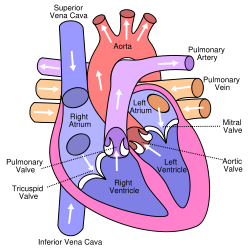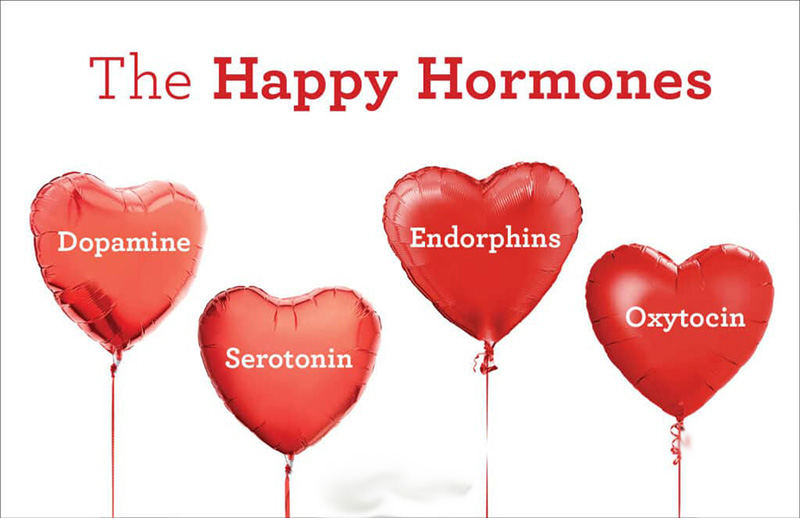

Cardiovascular diseases (CVD) are the most common cause of death globally as of 2008, accounting for 30% of deaths. Of these more than three-quarters are a result of coronary artery disease and stroke. Risk factors include: smoking, being overweight, little exercise, high cholesterol, high blood pressure, and poorly controlled diabetes, among others. Cardiovascular diseases frequently do not have symptoms or may cause chest pain or shortness of breath. Diagnosis of heart disease is often done by the taking of a medical history, listening to the heart-sounds with a stethoscope, ECG, echocardiogram, and ultrasound. Specialists who focus on diseases of the heart are called cardiologists, although many specialties of medicine may be involved in treatment.Heart Disease
Damaged Hearts May Have Hidden Self-Healing Powers, Study Finds Science Alert - January 5, 2025

The right therapy can dramatically boost the self-healing capabilities of the human heart after heart failure, a new study has found - giving the vital organ regenerative powers even beyond those of a healthy heart.
Position of Defibrillator Pads Makes a Huge Difference to Restarting Hearts Science Alert - September 29, 2024
A new study suggests one specific approach to pad placement is significantly more effective when it comes to getting the heart beating again.
'Love hormone' is revealed to have heart healing properties PhysOrg - September 30, 2022

The neurohormone oxytocin is well-known for promoting social bonds and generating pleasurable feelings, for example from art, exercise, or sex. But the hormone has many other functions, such as the regulation of lactation and uterine contractions in females, and the regulation of ejaculation, sperm transport, and testosterone production in males.
Oxytocin has yet another unsuspected function: It stimulates stem cells derived from the heart's outer layer (epicardium) to migrate into its middle layer (myocardium) and there develop into cardiomyocytes, muscle cells that generate heart contractions. This discovery could one day be used to promote the regeneration of the human heart after a heart attack.